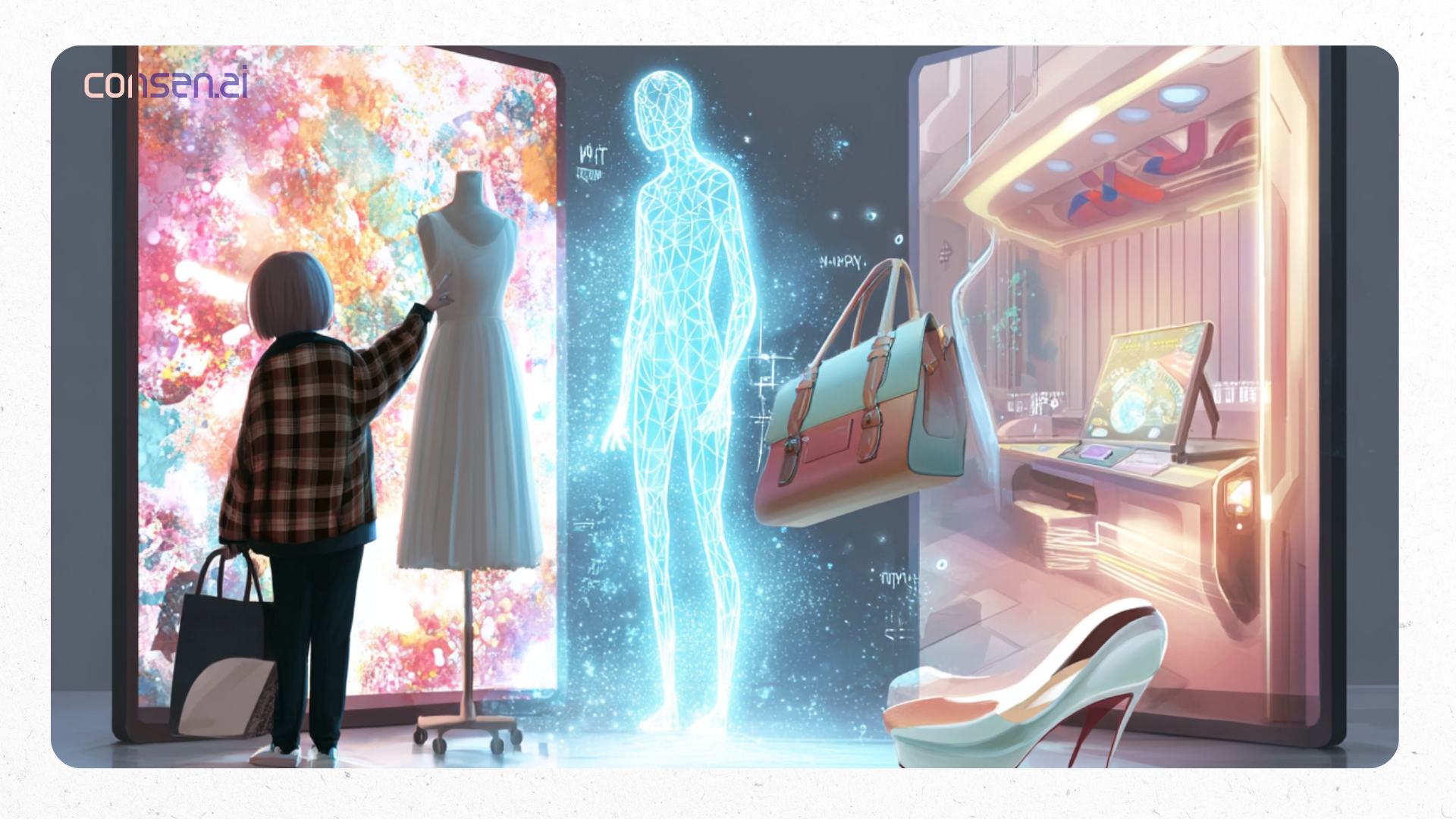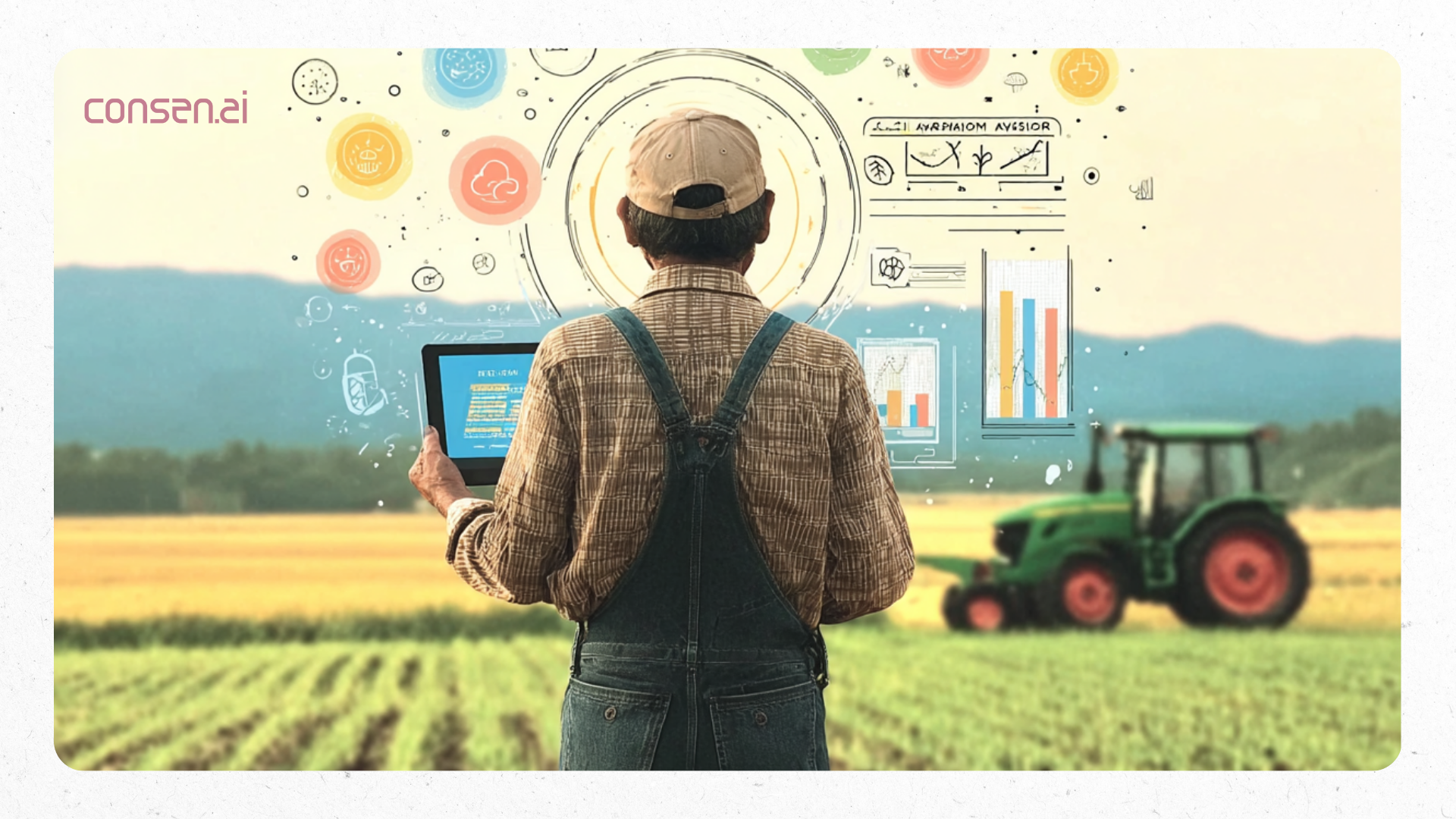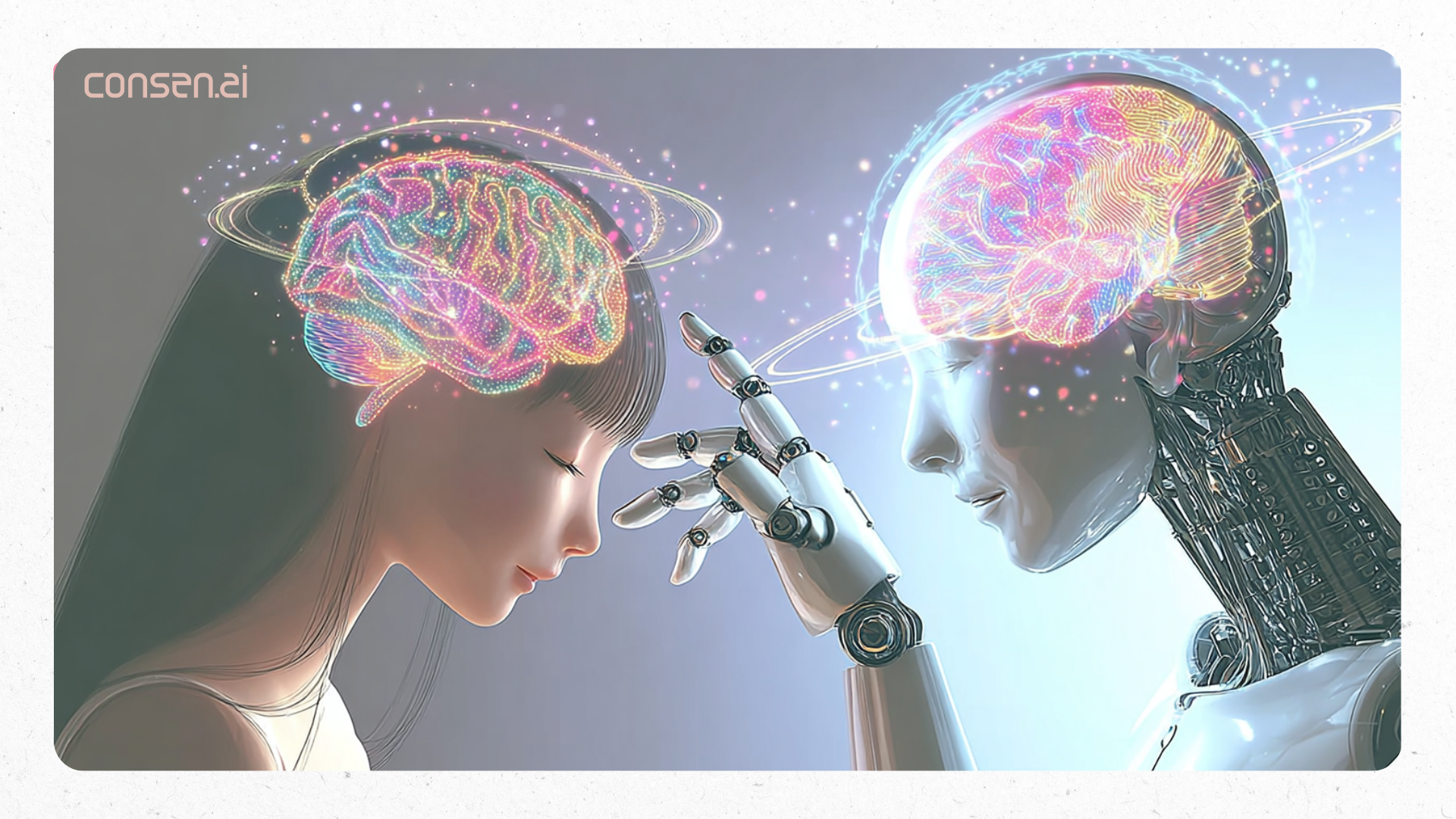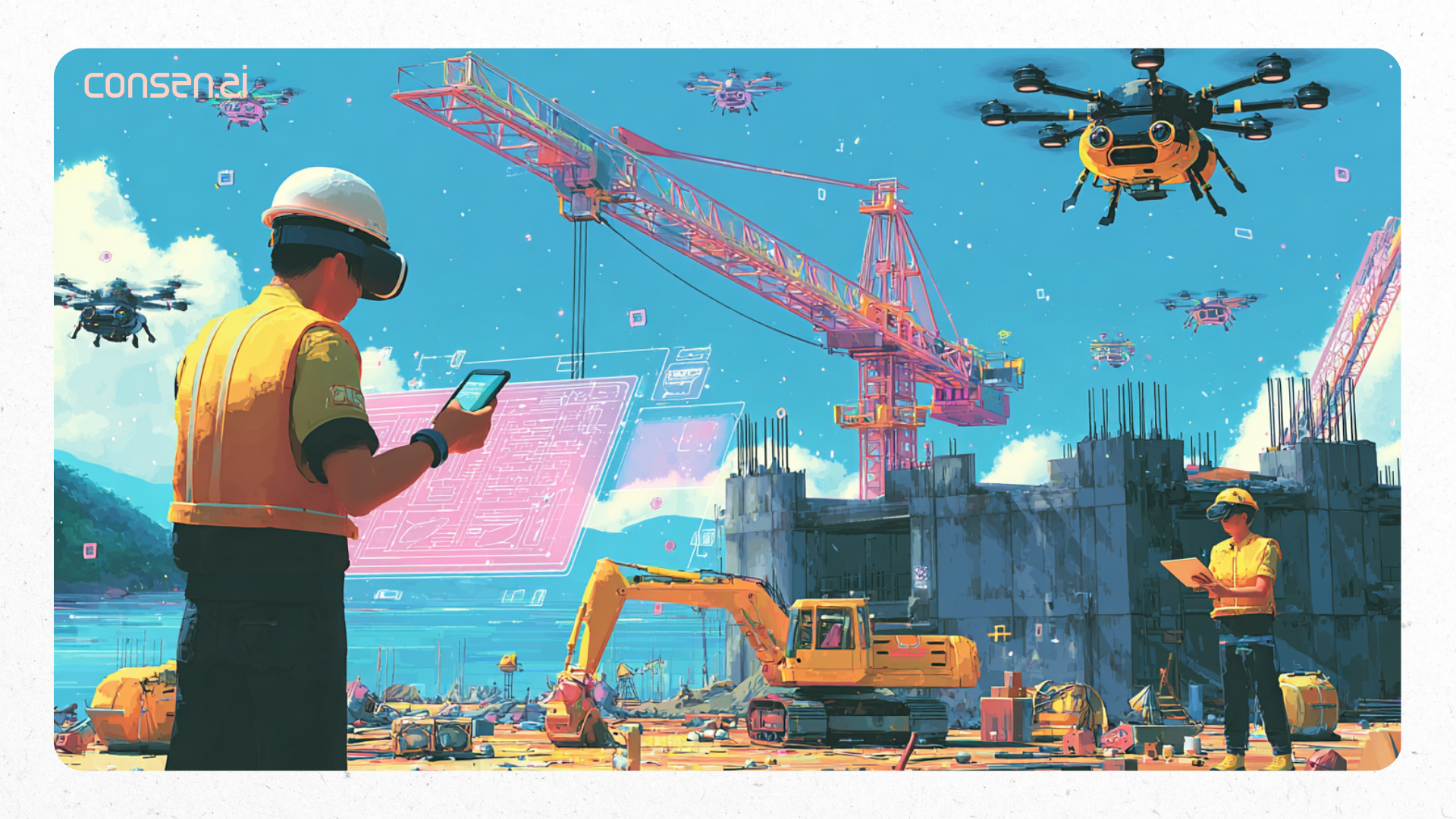Key Takeaways
- AI is transforming unexpected industries beyond traditional tech fields.
- Fashion is leveraging AI for design personalization and sustainability.
- Precision agriculture is using AI for enhanced crop monitoring and yield predictions.
- AI is a co-creator in the arts, contributing to both visual and musical projects.
- Mental health support is seeing innovative AI-driven solutions like chatbots.
When you hear "Artificial Intelligence," your mind probably jumps to self-driving cars, super-smart robots, or maybe that chatbot you argued with about pizza toppings. And you're not wrong! But AI's reach is stretching far beyond the world of tech, creeping into industries so familiar you'll be shocked to find it there.
Forget the complicated jargon. We’re here to spill the tea on how AI is the secret ingredient shaking up the world around us. Let's explore five industries you probably never thought AI would touch.
1. Fashion: Your Next Outfit, Picked by an Algorithm

(Alt text: A glowing mannequin on a screen shows an AI-assisted fashion design process.)
The fashion world is known for its human touch—the intuition of a designer, the eye of a stylist. But behind the scenes, AI is becoming the industry's new best friend.
- Spotting Trends Before They're Cool: AI algorithms can scan social media, blogs, and runway shows in seconds, identifying emerging patterns, colors, and styles. This helps brands predict the next big thing instead of just guessing.
- Your Personal Stylist: Ever used a "shop the look" feature that was scarily accurate? That's AI. It learns your style preferences to offer personalized recommendations, making online shopping less of a treasure hunt and more of a curated experience.
- Sustainable Style: AI is helping to fight fashion waste. By predicting exact demand, it helps companies avoid overproduction. It can even optimize cutting patterns to use every last scrap of fabric.
2. Agriculture: AI is Giving Farming a High-Tech Makeover

(Alt text: A modern drone flies over a lush green farm, using AI for crop monitoring.)
Farming might seem like the most hands-on, traditional job out there. But today's farms are starting to look more like tech startups, and AI is the reason why.
- Smart Robots & Drones: Drones equipped with AI cameras fly over fields to monitor crop health. They can spot diseases, pests, or dry patches long before a human farmer could. Down on the ground, AI-powered robots can precisely spray fertilizer or even pick ripe fruit, reducing manual labor and waste.
- Precision Farming: This isn't your grandpa's farm. AI systems analyze data on weather, soil quality, and moisture to tell farmers the exact best time to plant, water, and harvest. This leads to bigger yields and less water usage.
3. Art and Music: The AI Co-Creator

(Alt text: A vibrant and complex piece of abstract digital art generated by an AI.)
"Can a robot be creative?" It's a question straight out of a movie, but it's happening right now. AI isn't just analyzing data; it's creating art, music, and poetry.
- Generative Art: You’ve probably seen it on your timeline. Tools like Midjourney and DALL-E can turn a simple text prompt (like "a fox playing a banjo in a field of sunflowers") into a stunning, original piece of art.
- Composing Music: AI tools can now generate royalty-free music for videos, compose melodies in the style of famous composers, or help a musician break through a creative block by suggesting new chord progressions.
- A Tool, Not a Replacement: Most artists don't see AI as a threat. They see it as a powerful new paintbrush or instrument. It's a collaborator that can handle the tedious parts of creation, freeing up humans to focus on the big ideas.
4. Mental Health: An AI You Can Talk To

(Alt text: A person holding a smartphone, interacting with an AI mental health support chatbot.)
Okay, this one sounds a bit weird, but hear us out. While AI can never replace a human therapist, it's becoming a valuable first-line-of-support tool.
- Supportive Chatbots: Apps like WoeBot and Youper use AI to offer a non-judgmental space where people can track their mood, learn cognitive-behavioral therapy (CBT) techniques, and talk through their feelings 24/7.
- Early Detection: Some AI systems are being trained to recognize patterns in speech or text that might indicate early signs of depression or anxiety, helping people get the support they need sooner.
5. Construction: Building Smarter and Safer

(Alt text: A construction site viewed through a tablet showing AI-powered safety alerts and project data.)
A construction site is the last place you'd expect to find cutting-edge AI. But it's making one of our oldest industries safer and more efficient.
- Job Site Safety: AI-powered cameras can monitor construction sites in real-time. They can automatically detect if a worker isn't wearing a hard hat or if someone enters a dangerous, restricted area, sending instant alerts.
- Preventing Mistakes: AI can analyze blueprints and project plans to spot potential design clashes or structural problems before construction even begins, saving massive amounts of time and money.
- Robotic Builders: While we're not at a full "robots building skyscrapers" level yet, AI-guided machines are already handling repetitive tasks like bricklaying and welding with incredible precision.
The Future is Weirder (and Cooler) Than We Thought
AI isn't just some far-off, futuristic concept anymore. It's already here, working quietly in the background to influence what you wear, what you eat, and even the buildings you walk into.
The big takeaway? AI isn't about replacing people. It's about enhancing our abilities, pushing the boundaries of creativity, and making our world safer and more efficient. The next time you think about AI, don't just picture a robot—picture a farmer, a fashion designer, or an artist with a powerful new tool.
What other industries do you think AI will shake up next? Drop your ideas in the comments below!
